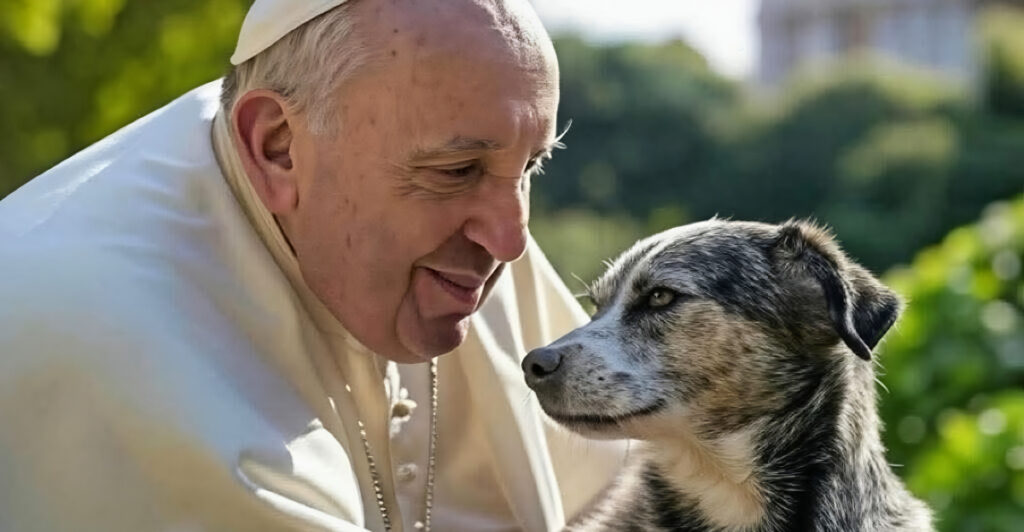
For years, the question of whether dogs go to heaven has stirred hearts and sparked debates. In 2014, excitement spread after Pope Francis was wrongly credited with saying, “Paradise is open to all God’s creatures.”
The quote actually belonged to Pope Paul VI, but the story stuck, revealing a deep desire for spiritual inclusivity. While Catholic tradition leans toward humans alone having eternal souls, Francis’s own writings, especially Laudato Si’—which declares all creation shares in divine awe—suggest a more open view.
Still, no clear answer exists. This tension between pastoral care and rigid doctrine continues to fuel a global theological conversation. At its heart lies a powerful question: If dogs love unconditionally, shouldn’t heaven make room for them too?
How a Media Mix-Up Made Millions Believe
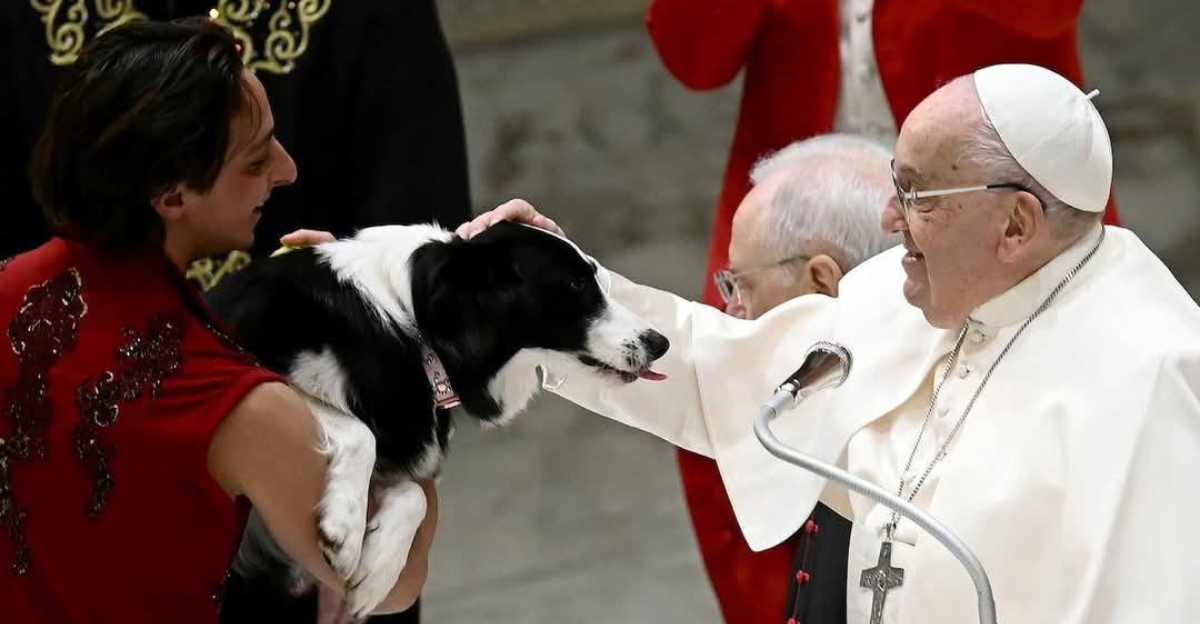
Back in 2014, an Italian newspaper misreported that Pope Francis comforted a young boy by assuring him his dog would be in heaven. International outlets quickly picked up the quote, sparking widespread excitement and debate.
Although the Vatican later clarified that the quote came from Pope Paul VI, the narrative stuck: 73% of believers from a 2016 study now accept animal afterlife. This speaks volumes about today’s media dynamics and what audiences want to believe.
Many embraced the story because it reflected growing cultural empathy toward animals. Critics called it careless journalism; others saw it as symbolic of a Pope in tune with compassion. In either case, it illustrates how belief today can be shaped more by headlines than theology.
Do Animals Have Souls? Aquinas and Today’s Theologians Disagree
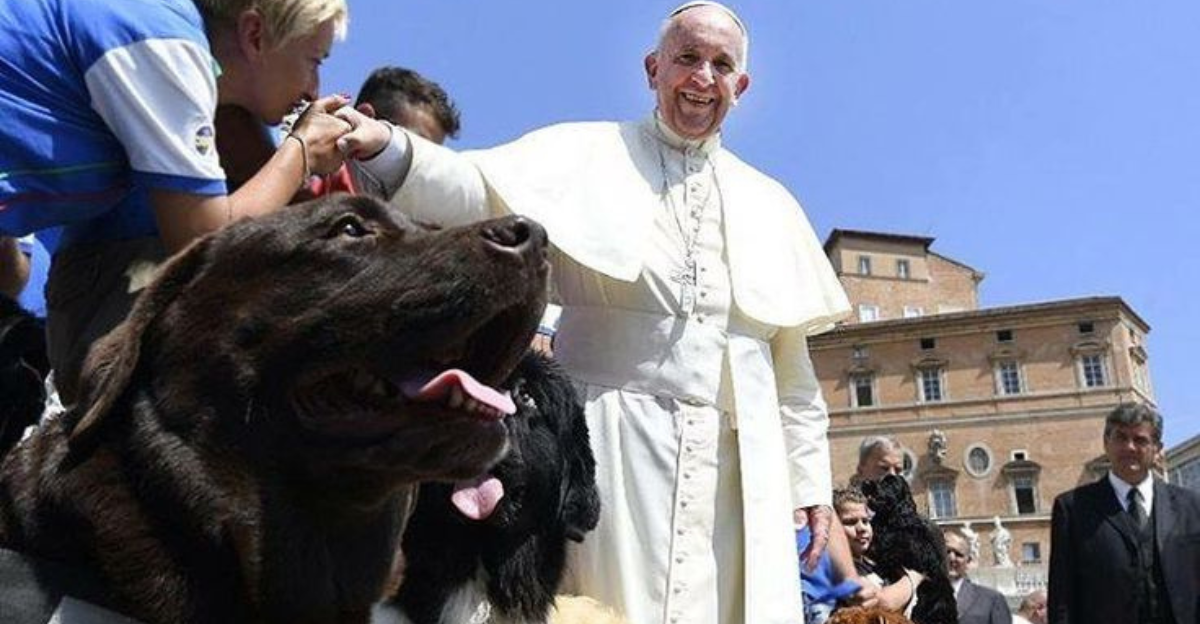
Theologian Thomas Aquinas famously argued that only humans possess rational, immortal souls—a view still echoed in traditional Catholic teachings. Pope Benedict XVI reiterated this in 2008, declaring that animals are not called to heaven.
Yet Pope Francis’s Laudato Si’ offers a broader vision, where all creatures reflect God’s glory. Theologians remain split. Some, like Fr. Daniel Klimek, insist the doctrine hasn’t changed: salvation is uniquely human. Others point to prophetic visions, such as Isaiah 11:6-7, imagining animals in the peaceful Kingdom of God.
This divide isn’t just about doctrine; it’s about how the Church interprets divine justice, the meaning of paradise, and whether salvation includes the whole of creation or just humankind.
How Laudato Si’ Shifted the Spiritual Role of Animals
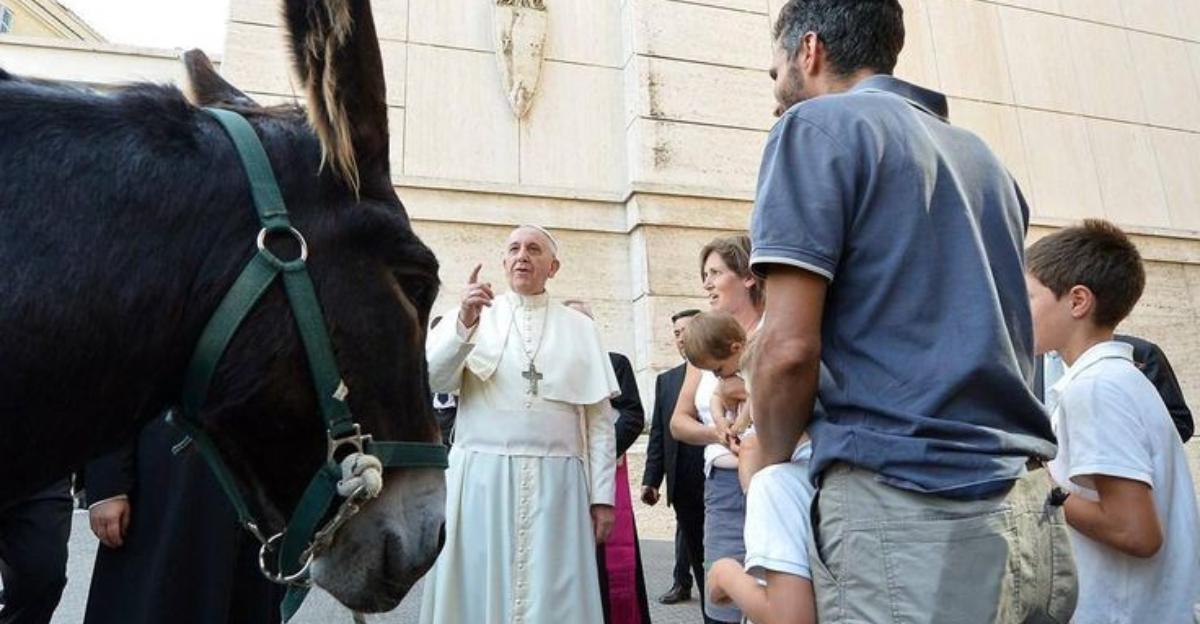
Pope Francis’s 2015 encyclical Laudato Si’ didn’t confirm an afterlife for animals, but it did something nearly as profound: it sanctified the natural world.
Describing all creatures as “objects of the Father’s tenderness,” Francis encouraged a view of creation that challenges centuries of human-centered theology. In section 243, he speaks of a future reality where all creation is “resplendently transfigured,” suggesting a kind of cosmic renewal that may include animals.
The response has been significant. Eco-theology has gained traction in seminaries. Whether intentional or not, Francis’s language has blurred spiritual lines, making space for pets in heaven—at least in the hearts of many faithful.
When a Child Asks About Their Pet in Heaven
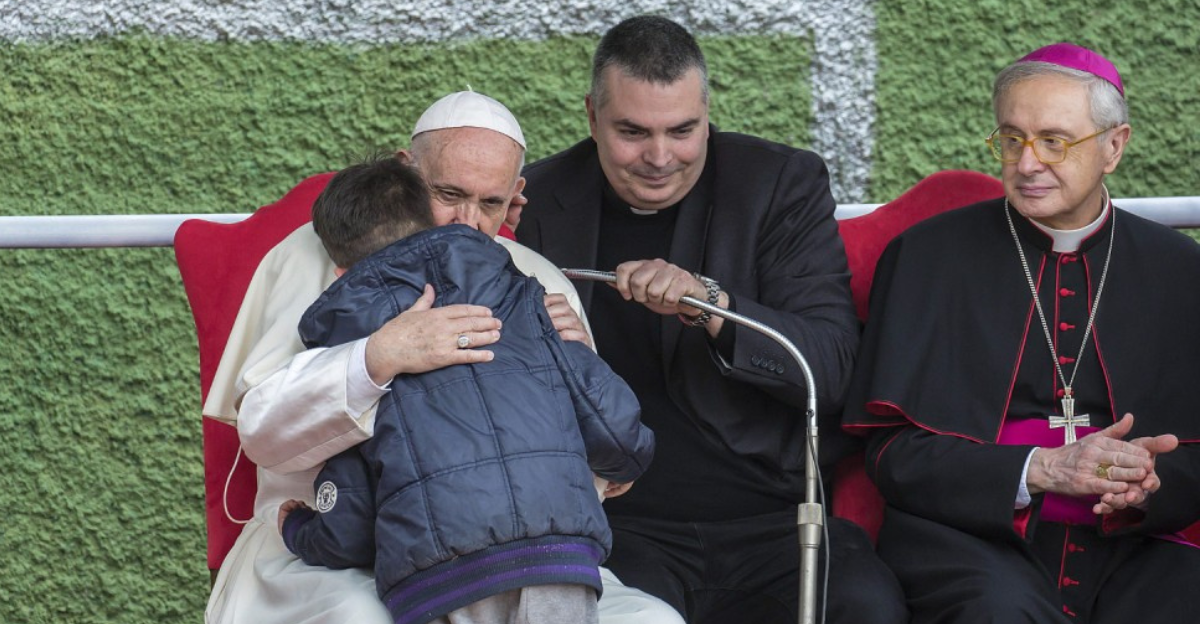
If a grieving child asks whether their dog went to heaven, should clergy respond with strict theology or gentle compassion? Pope Francis’s misattributed quote, “Paradise is open,” became a rallying cry for empathy. Some, like Fr. Ron Bolster, hold firm: “Heaven has no animals… but tell children they’ll be happy.”
Research shows grieving pet owners experience loss akin to losing a person, complicating pastoral care. Francis’s softer tone, though unofficial, resonated with many—including advocacy groups like PETA, which used it to promote ethical diets.
This underscores a key challenge: how can the Church remain compassionate in moments of grief without compromising doctrinal integrity? The answer may shape how future generations view faith’s role in healing.
What Protestants Think: A Tale of Two Traditions
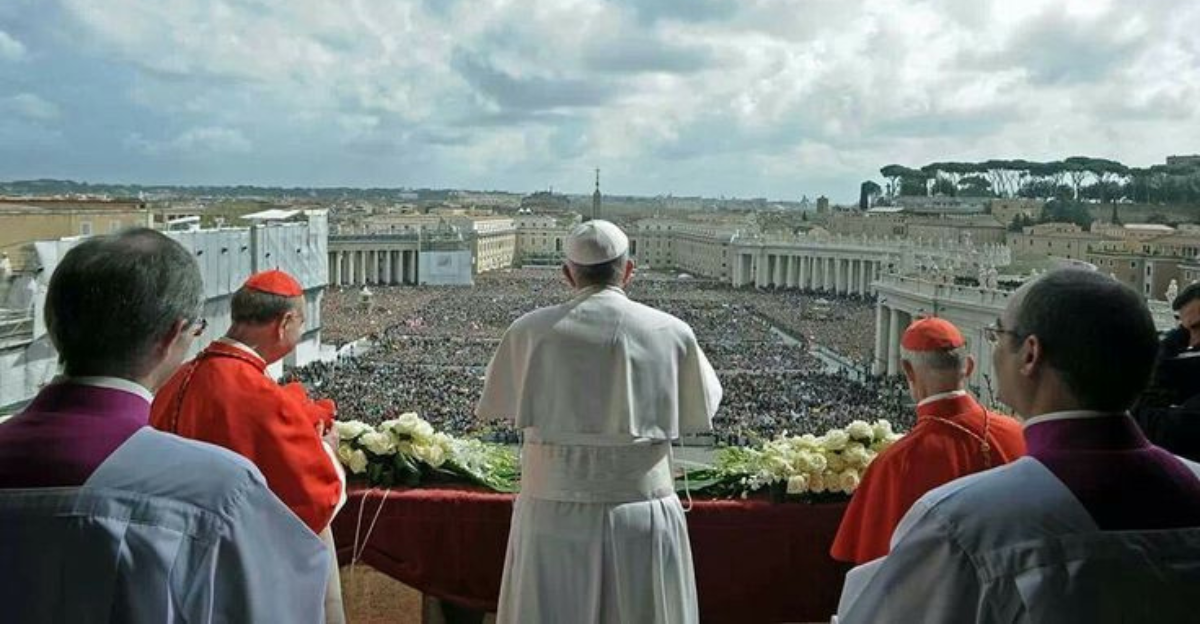
While Catholic thinkers debate whether animals have souls, Protestant perspectives tend to be more pragmatic. Martin Luther once viewed pets as distractions, even chastising his own cat.
Yet in modern times, figures like evangelical author Randy Alcorn suggest that pets will be in heaven to “enhance human joy.” This contrast reveals differing theological priorities. Catholicism emphasizes the nature of souls and salvation, whereas Protestantism often focuses on function and human experience.
Pope Francis’s ambiguous stance borrows from both, hinting at inclusion without direct doctrinal shifts. To traditional Catholics, this ecumenical approach feels like compromise. For others, it signals a welcome blend of tradition and relevance. Either way, the interfaith dialogue has reignited old debates with fresh urgency.
Why Animal Afterlife Is Now a Political Issue
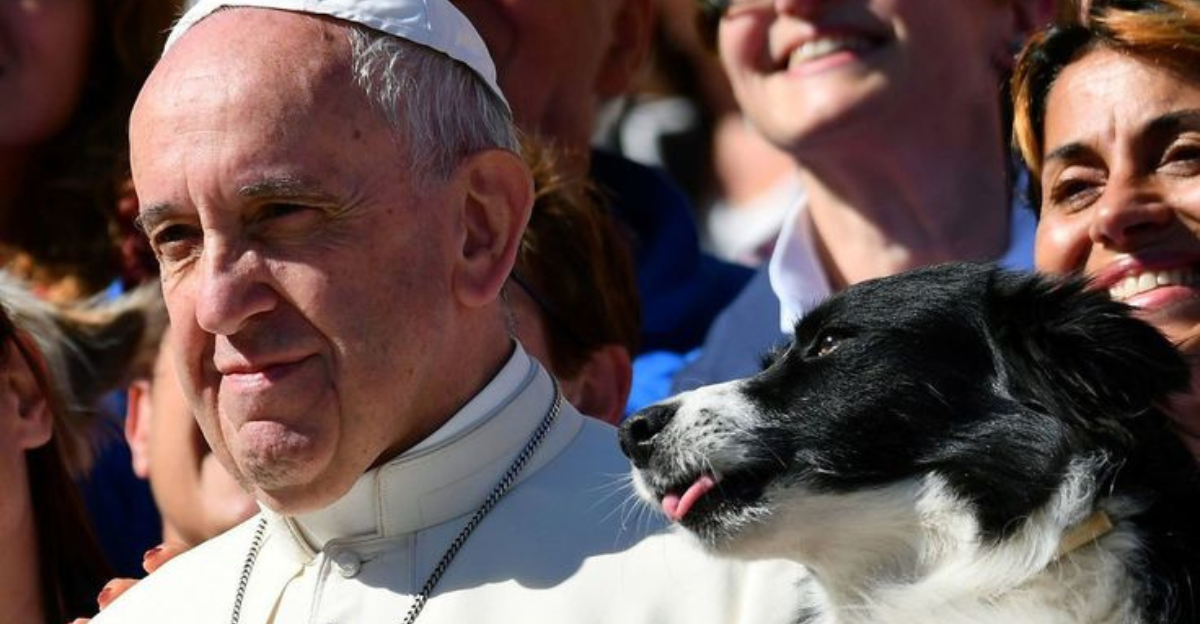
What began as a question about heaven has become a political battleground. In Laudato Si’, Pope Francis linked ecological care to justice, stating that harming nature reflects human exploitation. If animals are seen as spiritual beings, then how we treat them carries eternal weight.
In Brazil, Catholic activists use this theology to fight deforestation, calling it a sin against God’s creatures. Meanwhile, critics in the U.S. accuse Francis of promoting “pagan” environmentalism. Still, his teachings allow both sides to claim moral ground.
For many, the discussion about animal souls now reflects broader values about stewardship, responsibility, and climate action. The result? An afterlife debate that’s become a moral mirror for how we live on Earth today.
The Catechism Conundrum: Pets Matter, But Not Enough?
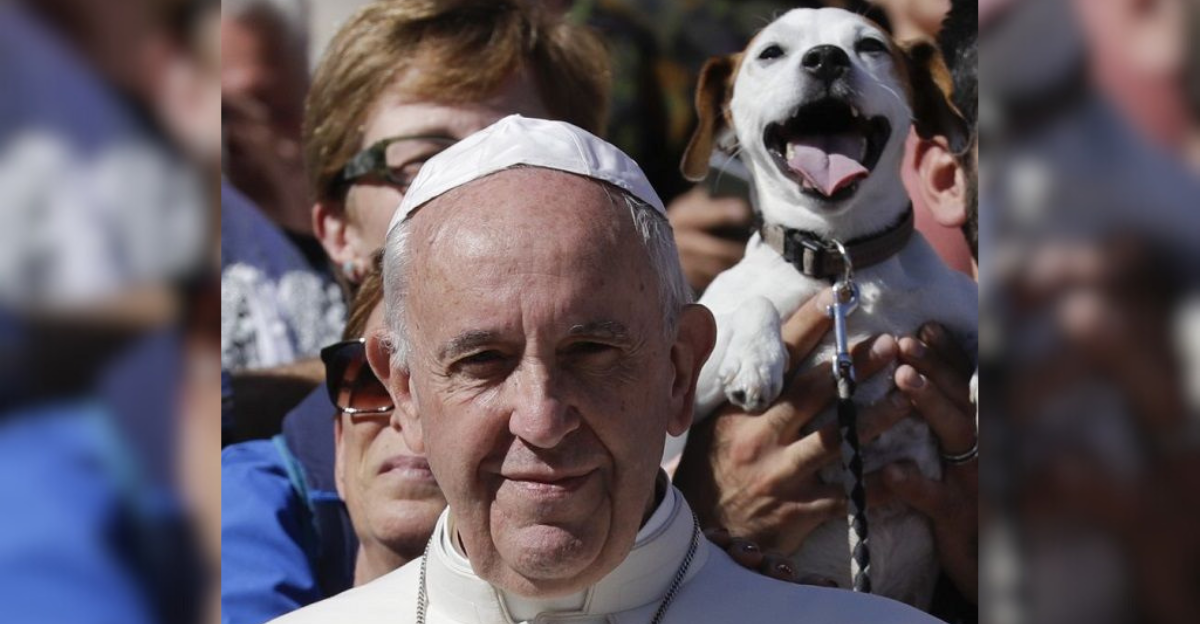
According to the Catechism, animals “are God’s creatures” and “men owe them kindness,” yet lack immortal souls—a distinction rooted in Aquinas’s teachings. This creates tension: pets are morally significant but spiritually excluded.
Pope Francis never resolved this tension in his lifetime, instead emphasizing awe and interconnection in Laudato Si’. The ambiguity invites interpretation.
With no official stance on animal resurrection, the Church’s silence has become space for faith. For many, the hope that beloved animals endure eternally has quietly become a personal article of faith.
Francis and the Future of Faith Beyond Humans

Pope Francis’s influence on the animal afterlife debate extends beyond specific quotes or teachings. Instead, it lies in how he’s reshaped the Church’s broader imagination. By presenting salvation as communal and interconnected, he challenges the anthropocentrism that has long dominated Christian thought.
Since Laudato Si’, Catholic vegan groups have tripled, and pet blessings are widely celebrated in U.S. parishes, especially around St. Francis’s feast. While critics warn of doctrinal drift, others see echoes of saints who preached to animals.
In the end, whether dogs go to heaven may matter less than what the debate reveals: a Church wrestling with how to extend grace, love, and care to all creation. That spiritual reimagining may prove to be Francis’s most enduring legacy.
Explore more of our trending stories and hit Follow to keep them coming to your feed!
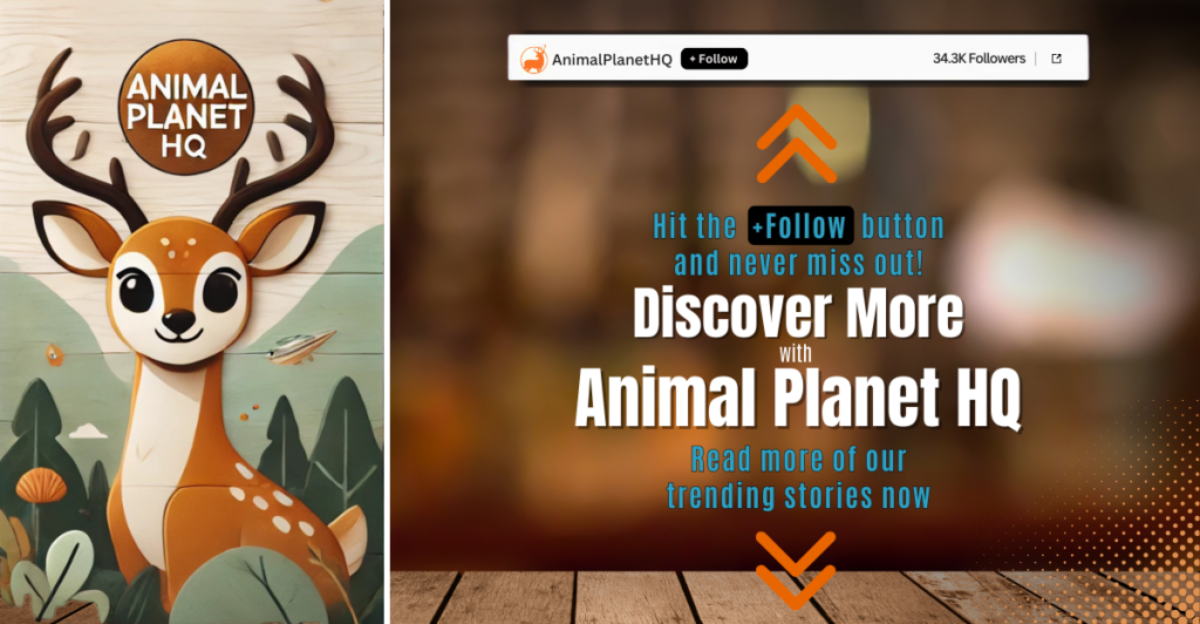
Don’t miss out on more stories like this! Hit the Follow button at the top of this article to stay updated with the latest news. Share your thoughts in the comments—we’d love to hear from you!







